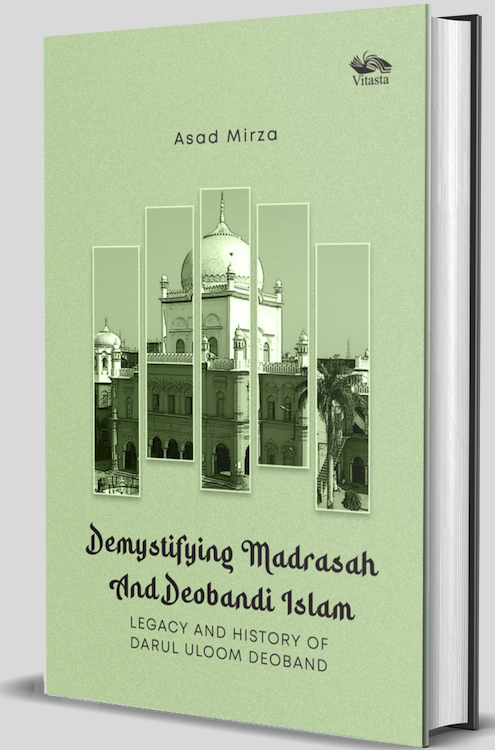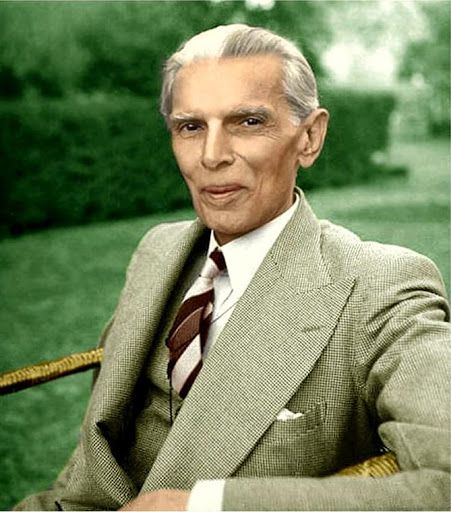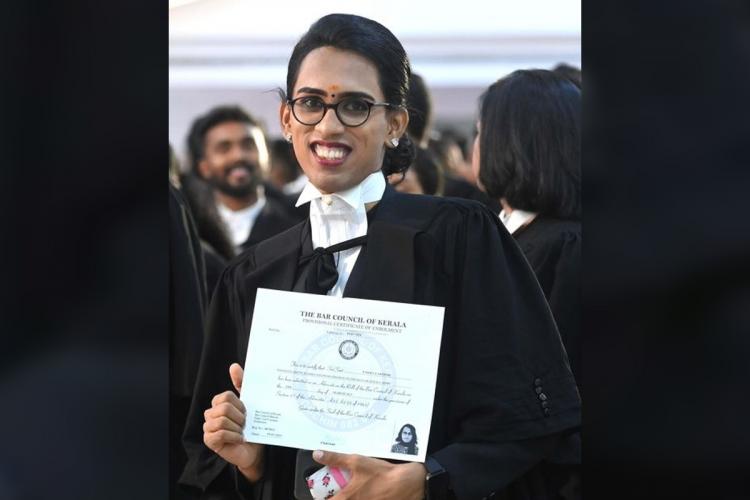Title: Death in Shanghai; Author: M.J. Lee; Publisher: HQ/Harper Collins; Pages: 378; Price: Rs 399
Justice may be the aim of law and order but may not always happen in the real world, where many other considerations play a role. Take the colonial era, where maintaining prestige of the rulers was paramount over any other factor — even when bodies of murder victims killed in horrible ways are stacking up.
M.J. Lee uses this cynical colonial mindset to great effect in a spell-binding mystery in the unique setting of Shanghai of the 1920s — when it is the among the world’s most glittering, cosmopolitan and decadent cities with its unique foreign-administered and policed International and French Settlements, its large population of Russian refugees, and Chinese gangsters.
A Western woman’s mutilated body is discovered in a creek and the responsibility of the case falls on Inspector Danilov, a Tsarist Russia policeman now in British service, after the British district police inspector produces a tape measure to determine the location and triumphantly announces it is not in his jurisdiction.
It, however, proves to be no ordinary case with a Chinese character for justice found carved on what remains of the torso and then the autopsy determining the body is actually a man — transgender perhaps, but definitely a male.
Danilov and his assistant Detective Strachan, the Scottish-Chinese son of a former policeman killed on duty, are then tasked with meeting French authorities on an urgent matter and learn of two similar cases of macabre murder — of a subordinate magistrate and a Russian prostitute — in their area.
Probing this disquieting murder spree — in the face of complacent superiors and obstructive colleagues — Danilov is convinced that they are dealing with a serial killer but his chief is not ready to accept this line of inquiry.
But as more and varied victims — a small-time actress, a “fire and brimstone” preacher — killed most horrifically and with a stern word in Chinese characters carved on them, Danilov comes under pressure to solve the matter as quickly with a minimum of fuss.
And when he has a suspect in sight, he gets suspended after fisticuffs with a colleague who has not informed him about crucial witnesses and has also concealed and destroyed a key telegram with information about his missing family. With time running out, Danilov must take a dangerous, desperate gambit to unmask the killer, but doesn’t know the killer has his sights on him as his next victim.
And all is in place for a nail-biting climax, but will be the end?
Deranged but methodical serial killers are not that uncommon, nor for that matter are exotic detectives in exotic locations, but Lee, whose corpus already includes the Jayne Sinclair Genealogical Mystery series as well as one starring prolific 17th century English diarist Samuel Pepys, scores both on plot, characterisation and ambience.
The author, who conceived of the idea for the Danilov series while working in Shanghai, however makes a small error or two. While the point of view of the perpetrator that is interspersed in the narrative does give the twisted rationale for his actions but given his identity, his described presence at the crime scenes is incongruous to say the least.
Where the story scores is in the character of Danilov. His personal life may be rather unsettled — with a back story only emerging in bits and pieces — but his rather strained relations with most of his colleagues, his particularity (inching on an obsessive compulsive disorder), his habit of using an apt Russian proverb and especially his relationship with his young assistant (reminiscent of Holmes-Watson) sets him apart.
And then his superior’s unspeakable but logical exposition of the colonial predicament is insightful and relevant in its own way to even the present post-colonial era as far the structure and dynamics of power is concerned.
If this adventure strikes your fancy, you might be heartened to know at least two more installments are due.
(Vikas Datta can be contacted at vikas.d@ians.in)






0 Comments